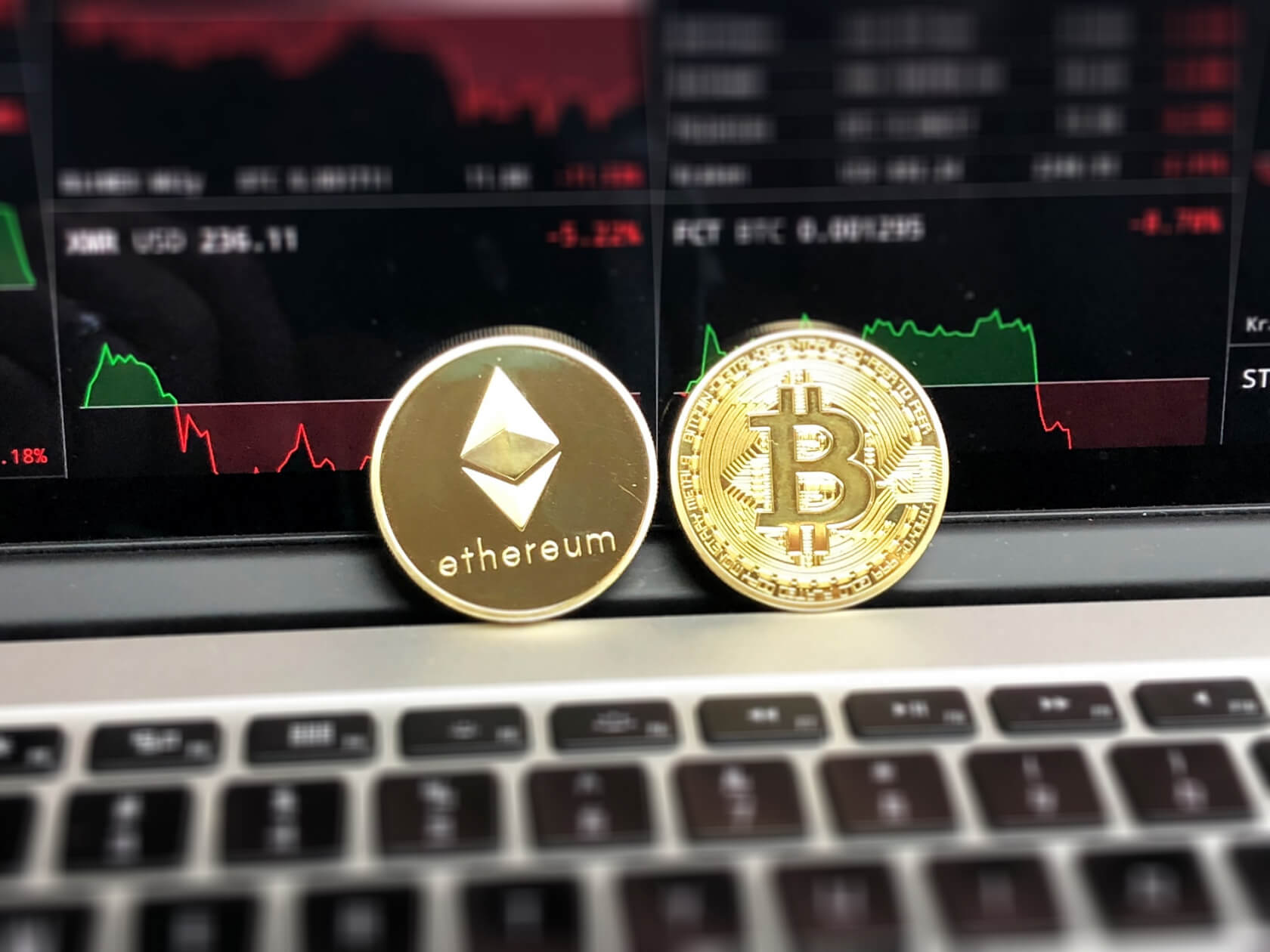The United States Justice Department has recently opened an investigation to determine whether traders of Bitcoin are intentionally influencing the price of the digital currency. Investigators will examine practices such as flooding the market with mass numbers of buy and sell orders with intent to retract the offers later.
Federal prosecutors will be working with the Commodity Futures Trading Commission. Regulators remain concerned that cryptocurrencies pose a high risk to consumers with their highly volatile nature. Additionally, lack of consumer knowledge presents a great risk of fraud with little or no recourse available.
Another tactic being scrutinized is wash trading. There are some users that place buy and sell orders to make it appear as though there is high market activity, but are truly only moving their own assets around through an exchange site. Once there appears to be high activity periods, other consumers are lured into making trades and allowing the wash trader to take advantage of the market volatility.

Both Bitcoin and Ethereum are being examined for evidence of wash trading and order spoofing. Since the CFTC is a derivatives oversight group, it does not actually regulate the direct trading of digital coins. Instead, it watches over futures that are linked to cryptocurrencies. If there are any instances of illicit activity found with respect to spot markets, sanctions can be imposed.
Despite attempts to regulate and patrol the sea of cryptocurrencies, there is little that can actually be done to prevent order spoofing and market manipulation techniques. Digital currencies can be traded globally at any time without need for a central authority. It is possible to directly regulate derivatives markets, but as long as the underlying cryptocurrencies used in spot markets are being used, there is little that can be done to enforce trade rules.
